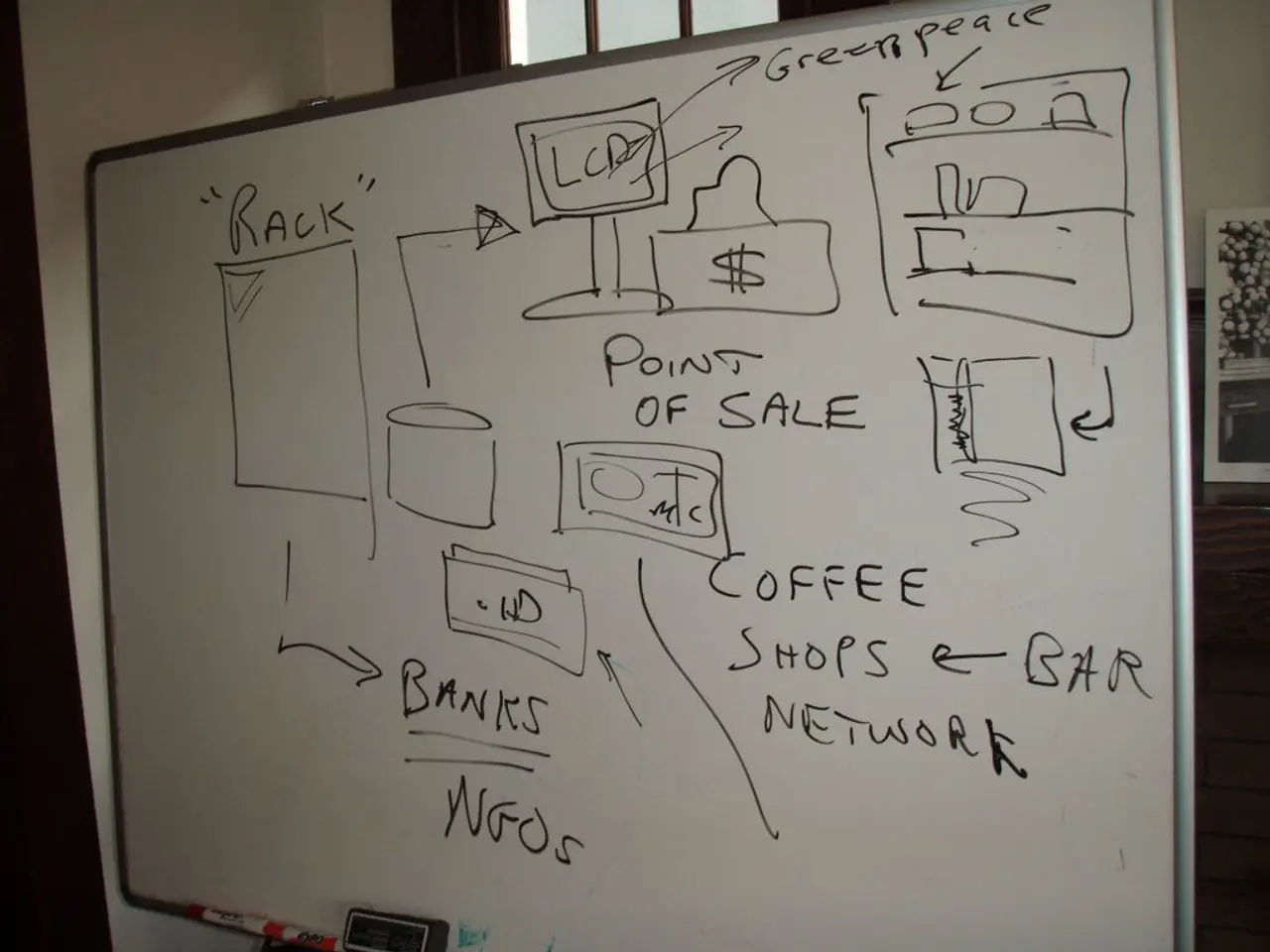Reinforcing its German operations, Openbank introduces local IBANs and credit services
Openbank, the digital bank owned by Spain's Santander Group, has announced its expansion in Germany for 2025. This move aims to provide locally compliant, digitally accessible banking products to cater to the evolving needs of customers in the region.
Key features of Openbank's German expansion include the issuance of local IBANs, enabling seamless local transactions and compliance with German banking norms. This move aligns with the Single Euro Payments Area (SEPA) rules, which require local IBANs for domestic transactions within the EU.
Openbank is also offering expanded credit services, with personal loans of up to €24,000 available to retail customers. The loans are part of Openbank's broader strategy to deepen its footprint in Germany by combining the convenience of digital banking with compliance to local banking standards.
The digital-first bank is also offering a free 4B card for primary account holders and free access to Banco Santander’s extensive ATM network in Germany. Openbank's mobile app has been upgraded for quick customer sign-up and account access.
While specific interest rates for savings or credit products in Germany for 2025 have not been publicly detailed, the loan amounts offered reflect competitive credit services aligned with local market needs.
As part of the Santander Group and a fully licensed bank under EU regulatory frameworks, Openbank operates under stringent financial regulations, including PSD2 (Payment Services Directive 2) and local German financial oversight by BaFin. The bank also adheres to all local data residency and regulatory standards pertinent to digital banking expansions in the EU.
Openbank's expansion in Germany is not limited to credit services. The bank also offers savings, investments, and deposits, with more than €19 billion in deposits. Openbank customers can receive salaries, set up direct debits, and arrange capital gains exemption orders with their German IBAN.
Openbank customers have access to up to five free cash withdrawals per month at any ATM within the eurozone and unlimited access to cash withdrawals at over 40,000 Santander ATMs worldwide. The bank also offers free current and savings accounts, among the most competitive in Germany.
Furthermore, Openbank provides a German-speaking customer service desk available from Monday to Sunday. The bank plans to continue expanding its product and service offerings to customers in Germany throughout 2025, aiming to simplify customers' daily banking experiences.
In summary, Openbank's 2025 expansion in Germany focuses on providing locally compliant, digitally accessible banking products, backed by the regulatory adherence required for operating as a fully licensed European digital bank with Santander's infrastructure support. This move strengthens Openbank's position in Germany and positions the bank as a competitive player in the German digital banking market.
Digital banking services by Openbank, as part of its expansion in Germany for 2025, aim to align with local business norms in finance, utilizing technology to cater to customers' evolving needs. Openbank's strategy in Germany includes offering competitively aligned credit services, including personal loans, savings, investments, and deposits, all while adhering to stringent financial regulations, such as PSD2 and BaFin, to ensure compliance within the European Union.




